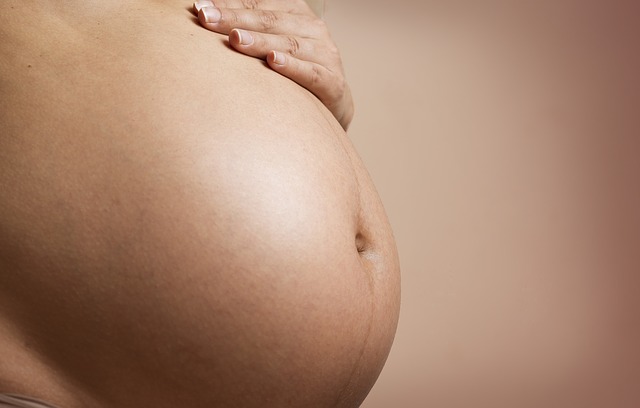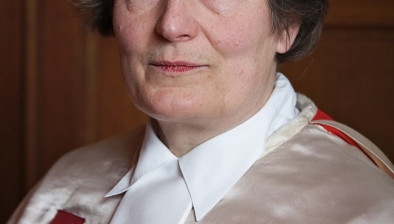Legislation on assisted human reproduction and surrogacy approved

Legislation regulating assisted human reproduction (AHR) and surrogacy arrangements has been approved by the Oireachtas.
The Health (Assisted Human Reproduction) Bill 2022 regulates for the first time a wide range of practices including gamete and embryo donation for AHR and research, pre-implantation genetic testing of embryos, posthumous AHR, and embryo and stem cell research.
It will also provide that any person providing AHR treatment within the State must hold a licence granted by the new Assisted Human Reproduction Regulatory Authority (AHRRA).
The bill also regulates both domestic and international surrogacy for the first time, based on the recommendations of the Oireachtas joint committee on international surrogacy.
Health minister Stephen Donnelly said: “I have listened to individuals, to families, and to experts in this field and I know that this legislation means so much to so many. This is a critical, historic and ground-breaking piece of legislation. It will introduce, for the first time in this country, a regulatory framework for assisted human reproduction.
“AHR is a complex, innovative and fast-moving area of medicine. The issues covered by this bill have been subject to much discussion and examination, including during Dáil committee and report stages, and indeed by the special Oireachtas joint committee on international surrogacy.
“This legislation will support people who wish to have children through AHR. It will clarify the legal position of those children and provide an ethical framework for research and new reproductive technologies.
“One of the most important features of the bill is to allow for the establishment of an independent regulatory authority for AHR, the Assisted Human Reproduction Regulatory Authority. The new rules, regulations and provisions of this legislation will provide clarity and peace of mind.”
He added: “I am delighted that we have reached this milestone.
“I would like to thank all those involved in getting to this stage — members of Dáil and Seanad Éireann for their contributions to the debates and colleagues in the Office of the Attorney General, the Department of Justice and the Department of Children, Equality, Disability, Integration and Youth for their extensive input and collaboration.”
The bill will now be referred to the President for signature and will be enacted “as soon as possible”, the Department of Health said.







